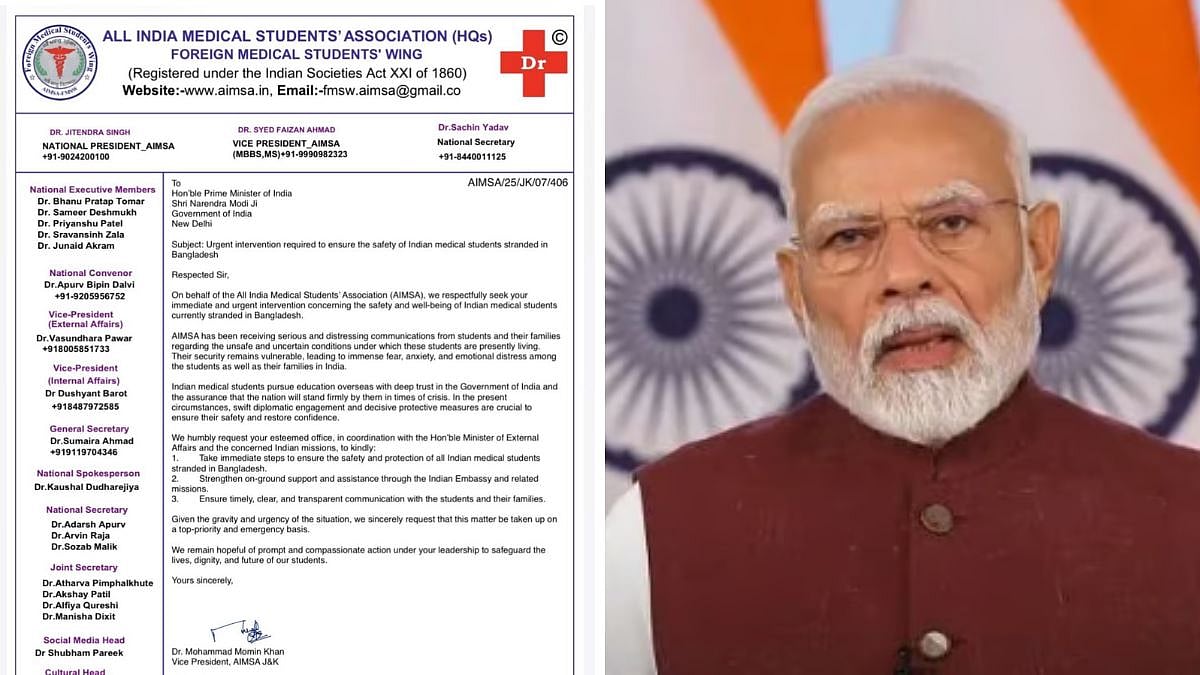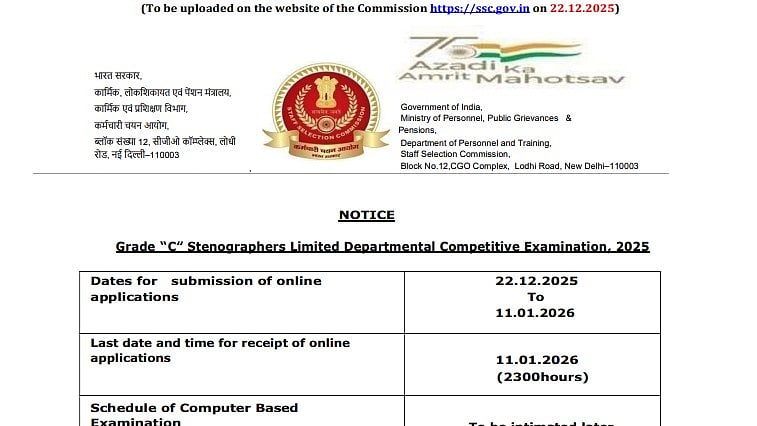Mumbai: The COVID-19 pandemic has had a severe impact on the school children's ability to do basic reading and arithmetic in rural Maharashtra, a recent survey has shown.
The Annual Survey of Education Report (ASER) 2022 (Rural), released on Wednesday, indicates that, between 2018 and 2022, there's been a sharp decline in the proportion of children who can read class 2 - level text across all the states, including Maharashtra. The percentage of students who can perform basic mathematical operations such as identifying numerals, subtraction and division has also seen a dip, though not to the extent of the drop in reading ability. The survey has found that primary school students have suffered the most due to the closure of schools.
The ASER survey has been carried out annually since 2005 by the Mumbai-based Pratham Education Foundation. However, the field survey for ASER 2022, which covered 616 rural districts in the country, including 33 in Maharashtra, was carried out after a gap of four years. The report seeks to evaluate the learning loss due to COVID-19 pandemic and the implementation of Right to Education (RTE) norms in schools.
Dip seen across different grades in schools
According to the report, only 26% of class 3 students were found to be able to read class 2-level text, down from 44% in 2018. The proportion of class 5 students who can read the same text fell from 66.5% in 2018 to 55.5% in 2022. The reading level decline for class 8 students in this period was from 80.1% to 76.1%.
Similarly, the proportion of class 3 students in rural Maharashtra who are able to at least do subtraction also dipped from 28% to 18% between 2018 and 2022. The percentage of students who can do division dropped from 30.2% to 19.6% for class 5 students and 40.5% to 34.6% for class 8 students. Interestingly, government school children seem to perform better in the division than private school children.
"The reading levels of class 3 students have declined as they didn't go to school at all for their first two classes and studied only a semester in the third. Although the reading levels of the students in higher classes also took a beating, we found that they didn't forget everything even though the schools were closed. Compared to reading, the students' mathematical abilities are less affected. This could be because, while there's an overall decline in reading culture, arithmetics is still part of day-to-day lives," said Pratham cofounder Farida Lambay.
Educationists highlight reasons behind shortfall, solutions
Sudhir Paranjape, Co-convenor, Anudanit Shikshan Bachao Samiti, said that the report highlights several shortfalls in the state's education sector. "In 2017, the state government shut down many schools, while large-scale vacancies in teachers' posts are yet to be filled. The learning loss during the pandemic exposed the disparity among the haves and have-nots when it comes to accessing digital tools," he said.
In the wake of the ASER report, educationists have asked the government to increase the expenditure on education and take additional measures to overcome the learning loss. "There has been no increase in educational spending. The government needs to invest more in education. The schools will have to sacrifice their vacations, devote more time to teaching and strive to overcome this loss in learning within the next three to five years," said Dr. Badrul Islam, Assistant Professor, College of Teacher Education, Aurangabad.










